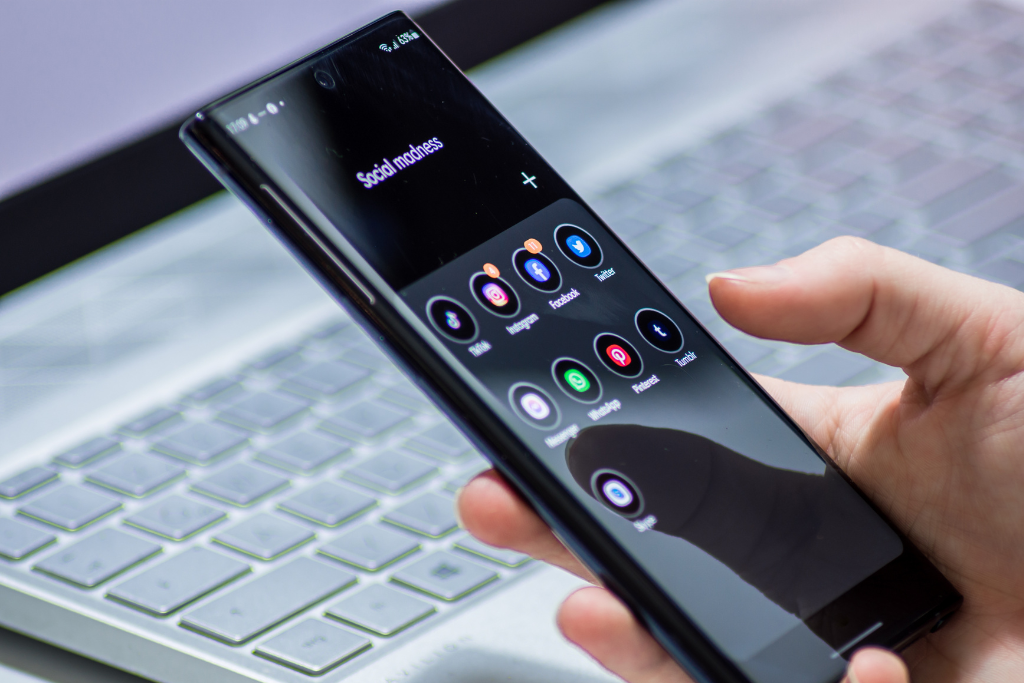Your Next Gadget Isn’t Just “Smart,” It’s “Proactive”
For the last few years, AI has lived in the cloud. Your phone would send a photo to a server for editing, or your smart speaker would process your request on a distant data center. But in September 2025, that model is changing fast. The next era of devices isn’t just connected; it’s AI-powered from the inside out.
The biggest tech companies have now integrated AI directly into their hardware. The result? A new class of devices that are faster, more private, and so intuitive they feel like they’re thinking right alongside you.
What is On-Device AI, and Why Does it Matter?
The secret is a specialized processor called an NPU, or Neural Processing Unit. This tiny chip is built specifically to handle AI tasks. By putting AI processing on the device itself—rather than relying on the cloud—manufacturers are unlocking three massive benefits for you:
- Blazing Speed: No more lag. Tasks like real-time translation or advanced photo editing happen instantly. This is because the data never has to leave your device to talk to a server.
- Ultimate Privacy: Your personal information stays on your device. Whether it’s your biometric data from a health tracker or your family photos, it’s processed locally. This practice gives you a level of security that cloud-based AI can’t match.
- Battery Efficiency: On-device AI is incredibly power-efficient. This new approach uses a fraction of the energy of cloud-based AI. Therefore, it translates to significantly longer battery life for your gadgets.
Your Next Device: A Glimpse into the Future
Here’s where you’re seeing this new technology in action right now:
- Smartphones: The latest flagships, like the Google Pixel 10 and the Samsung Galaxy S25 series, are defined by their on-device AI. They can summarize entire articles for you and translate phone calls in real-time. Moreover, they make complex photo edits that previously required a desktop computer.
- Wearables: Your smartwatch is no longer just a fitness tracker. New AI-powered wearables can act as proactive health coaches. They can use on-device sensors to predict a stress spike, monitor hydration levels, or even detect early signs of a health issue. Additionally, they give you actionable insights before it becomes a problem. The new class of smart rings is a perfect example of this.
- Laptops: The “AI PC” is the hottest new category in computing. These laptops use NPUs to power features like real-time background blur and noise cancellation during video calls. They offer intelligent document summarization. Also, local generative AI works even when you’re offline.
The Final Nugget
The era of AI as a cool, but clunky, cloud feature is over. The future of devices is personal, proactive, and private because the intelligence is baked right into the hardware. When you’re shopping for your next gadget, ask a new question: “What AI is running on this device?” The answer will tell you if you’re buying a product of the past, or one built for the future.



